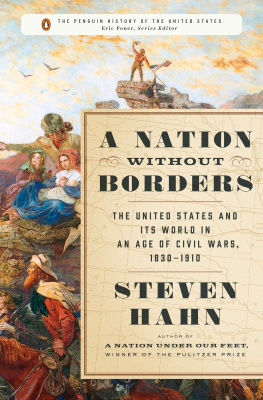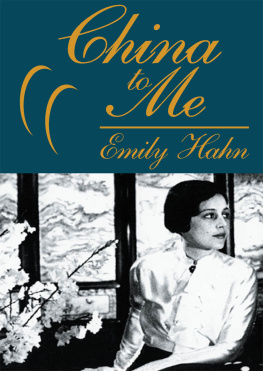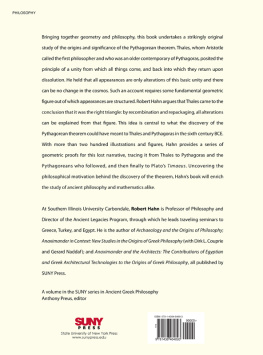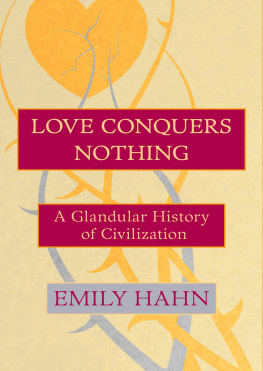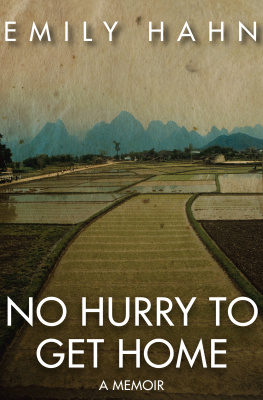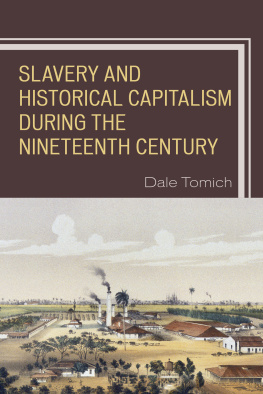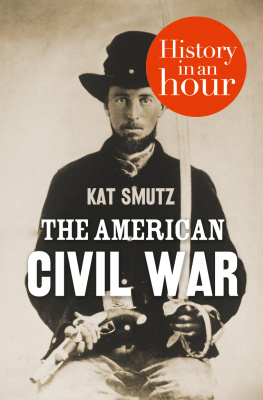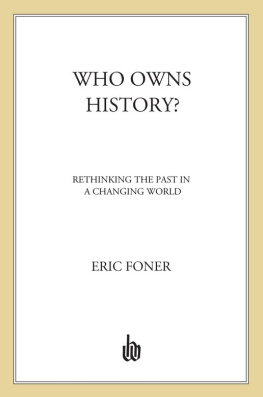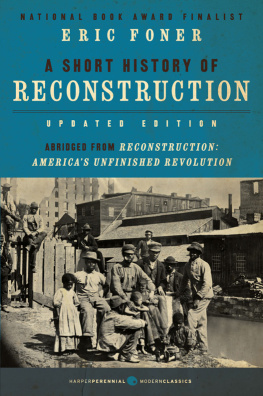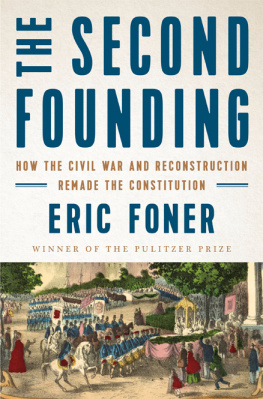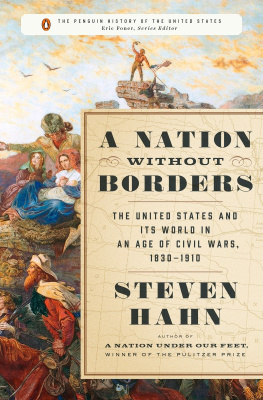Introduction
In the past two generations, the study of American history has been transformed. Increased attention to the experience of previously-neglected groups, such as women, African Americans, and Latinos, new subfields, including the history of the family and of American capitalism, and new perspectives, notably a global approach to U.S. history, have produced an expansion of the cast of characters who populate works of history and striking new insights into the historical narrative. At the same time, the greatly enriched understanding of the American past has inspired laments about a fragmentation of historical understanding, the loss of a sense of the American experience as a coherent whole.
The Penguin History of the United States aims to present, in five volumes, an account of the main themes of American development that reflect this recent revolution in historical scholarship. The authors are historians at the forefront of their respective fields who have demonstrated an ability to present the fruits of their research in a manner accessible to a broad reading public. These works incorporate the experience of diverse groups of Americans while at the same time integrating recent concerns with older approaches such as political and intellectual history. They strive to place American history in an international context without losing sight of the distinctive qualities of the American experience. Each volume offers a personal interpretation, and no attempt has been made to impose an artificial uniformity. But taken together the books present an up-to-date narrative of the main themes of American development.
The opening volume, Alan Taylors American Colonies, admirably fulfills the purposes of the series. Ranging across the entire colonial era and devoting attention to all the places that would eventually become part of the United States (including Hawaii and Alaska, not usually included in accounts of these years), Taylor presents a remarkably original historical narrative. His account focuses on the intersections of diverse groups of Native Americans with Spanish, French, Dutch, and English empires and colonists, insisting that all were active agents in shaping the culture, economy, natural environment, and politics of colonial North America. Rather than a simple story of conquest and settlement, Taylors account shows how power was frequently contested and indeterminate, and how boundaries shifted over time. He makes clear that the history of colonial America was not simply a prelude to national independence, but an era of significance in its own right. No one who reads Taylors remarkable volume will think the same way about this formative period of our history.
The fifth volume in the series, Joshua Freemans American Empire, also integrates the history of the United States into global processes, while attending to the profound social, economic, and political changes the country experienced in the half century after World War II. He traces both the evolution of Cold War foreign policy, with its successes and failures, and the remarkable economic growth that produced a mass consumer society and, until the 1970s, an expanding standard of living for ordinary Americans. His account attends to the regional variations within the United States and also the homogenization of culture promoted by the advent of television and other forms of mass entertainment. Central to the story is the civil rights revolution, which redrew the boundaries of citizenship and launched a series of movementssecond-wave feminism, Latino activism, etc.that enabled millions to enjoy the promise of American life more fully. But he also details the economic crisis that emerged in the 1970s and the ways it affected Americans expectations and political outlooks, fueling the rise of Reaganism and the decline of postwar liberalism.
Steven Hahns book, volume three in the Penguin series, takes its place as a distinguished and original contribution to our understanding of the American past.
Eric Foner, Series Editor
P rologue
T HIS BOOK TELLS a familiar story in an unfamiliar way and, in so doing, challenges our understanding of the past and the future to which it gave rise. A Nation Without Borders is a history of the United States and the world with which it was increasingly connected during the near century between 1830 and 1910. These decades witnessed massive transformations in how people lived, worked, thought about themselves, and struggled for sustenance and power. And they witnessed the birth of economic and political institutions that continue to shape the world in which we live.
A listing of some of these changes will remind readers of why this period was so crucial to the making of the United States: The population grew more than tenfold. The geographical boundaries of the country expanded from the Mississippi River west to the Pacific coast and then out into the Pacific itself. Civil warfare erupted. African American slavery, nearly three centuries old, was abolished. Native peoples, who had dominated much of the North American continent, were suppressed and remanded to reservations. The economy and society experienced full-scale industrialization. Massive waves of immigrants from Europe and Asia arrived on the countrys shores. Popular movements against the new economic and political order were organized. Wars of conquest were waged against Mexicans, Cubans, and Filipinos. And national power and influence were extended across much of the Western Hemisphere and the Pacific. Beginning as an overwhelmingly agricultural society with a relatively weak central government and relatively independent states and peripheries, the United States would, during the course of these decades, become an urban and industrial society in which state and federal governments assumed greater and greater roles in the framing of social and economic life. By 1910, as the long nineteenth century came to a close, the United States stood as one of the most formidable nations on the globe.

